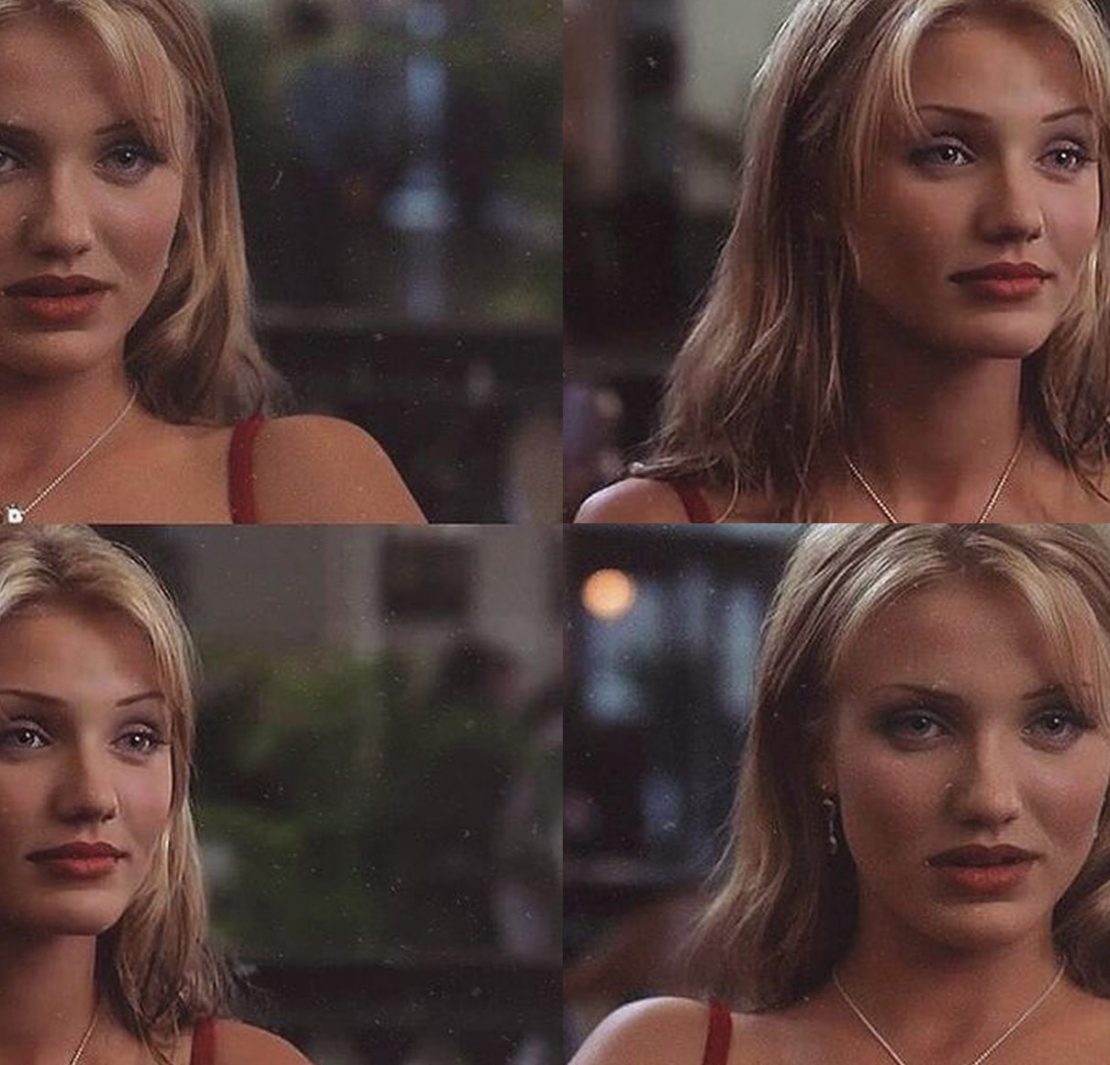We spoke to:
Name: Clare Taylor Currently studying: Theatre full time at VCA
THE INDUSTRY
The reality of working in the performing arts for lots of people is that it is draining, pays poorly when it does pay, operates in inconvenient hours and is rife with rejection and heartbreak.
Here’s how you know you want to work in the arts: you read all of that and thought “yeah, but it’s still the best job in the world.”
I’m fully with you, pal. It IS the best job in the world. Even when it’s the worst job in the world or not even a job at all. Plenty of people love theatre, but what makes us ~~troo theatre friques~~ is that we look down the barrel of a career with no fame, embarrassingly bad shows, and financial sacrifice, and we still want it.
TRAINING
If you want to work in the arts you will have to train. I don’t care how you train, just be constantly up-skilling yourself. Reading books on the craft, going to workshops, learning on the job, identifying the teachers and techniques that work for you as a performer and fit your aesthetic as a maker. This profession is a lifetime of training, it never stops- that is bloody thrilling.
“BIG” DRAMA SCHOOLS
One way to train is to go to a “big” drama school and do a BFA (Bachelor of Fine Arts- a recognised undergraduate degree, usually three years full-time) in Acting or Theatre Making. There are many amazing drama schools in Australia that do full time diplomas or even BFAs that will transform you as a performer and give you valuable connections, but these are the three biggies or “most prestigious” drama schools that offer BFAs:
- National Institute of Dramatic Art (NIDA) in Sydney.
- Victorian College of the Arts (VCA) in Melbourne
- Western Australian Academy of Performing Arts (WAAPA) in Perth.
THE COMMITMENT
The degrees I’m about to describe cost more than your usual bachelor’s degree (though you can put them on HECS), they will take about 40 hours per week and you will be tired. This isn’t always financially viable or good for your mental health- so consider both of those things before jumping in.
THE DEGREES
At this juncture, I’ll be talking about undergraduate studies in Acting or Theatre making. If you’re looking for something post grad, visit these school’s websites- graduate courses tend to be more specified (e.g. Masters of Writing, Masters of Directing etc.)
Until recently, these schools have focused on undergraduate degrees that are acting-specific. Acting courses focus on training you to take a script into the real world, both in theatre and in film/TV. Recently, a couple of new degrees have popped up at the VCA (BFA Theatre) and WAAPA (BFA Performance Making)- Theatre making degrees. Now, these courses focus on developing you not just as a performer, but as someone who writes/directs/devises/choreographs original theatre, with no focus on film. One difference in these degrees that’s important to consider is that theatre making degrees often don’t have a classic “industry showcase” in their final year, which is where most drama school students hope to find an agent to help them into the industry.
CHOOSING AND AUDITIONING
These schools are very competitive to get into, thousands audition and they each take about twenty per year per course. It’s an honour to get into any one of them, but that doesn’t mean you can’t be picky. Do your research into the teachers and techniques used, the professional reputation of these institutions at the moment, the arts scene in the cities they’re in, the kind of culture they foster. Once you’ve picked the places you’re interested in (for me, that was all of them!), get ready to audition.







